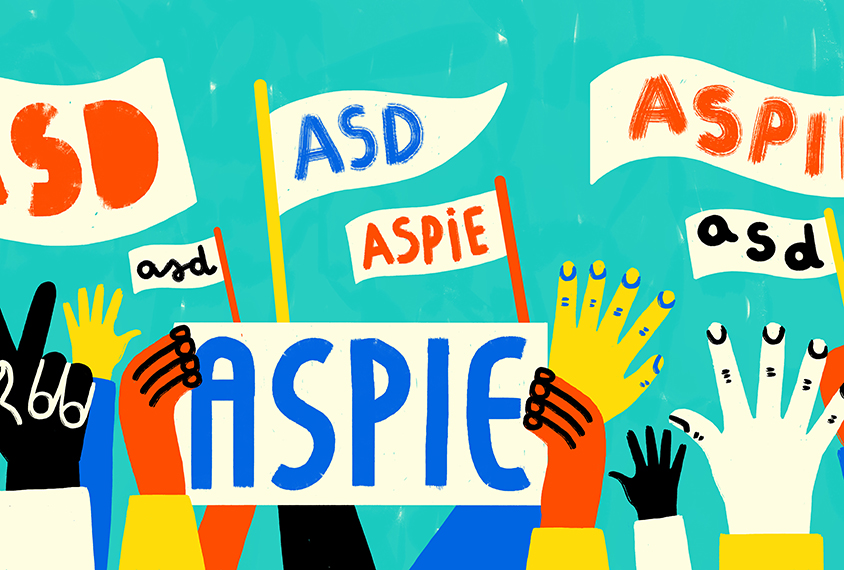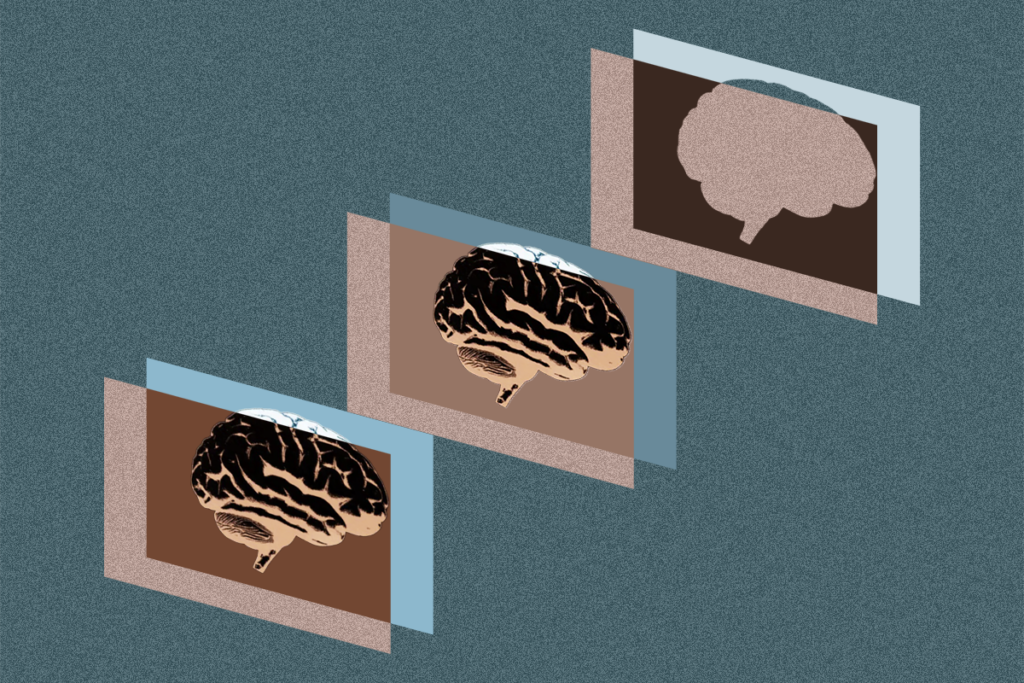Sandra Jones is pro vice-chancellor of engagement at Australian Catholic University in Melbourne, Australia. As an academic, she has researched autistic adolescent development, public understanding and acceptance of autism, and autistic people’s lived experiences of inclusion and exclusion. As an autistic woman and the mother of two adult autistic sons, she is a passionate advocate for the inclusion of autistic people in all aspects of society.

Sandra Jones
Pro vice-chancellor of engagement, Australian Catholic University
From this contributor
How the loss of Asperger syndrome has lasting repercussions
Some people who have lost the diagnosis of Asperger syndrome say they feel a loss of identity and worry about a loss of services.

How the loss of Asperger syndrome has lasting repercussions
Explore more from The Transmitter
Exclusive: Recruitment issues jeopardize ambitious plan for human brain atlas
A lack of six new brain donors may stop the project from meeting its goal to pair molecular and cellular data with the functional organization of the cortex.

Exclusive: Recruitment issues jeopardize ambitious plan for human brain atlas
A lack of six new brain donors may stop the project from meeting its goal to pair molecular and cellular data with the functional organization of the cortex.
How pragmatism and passion drive Fred Volkmar—even after retirement
Whether looking back at his career highlights or forward to his latest projects, the psychiatrist is committed to supporting autistic people at every age.

How pragmatism and passion drive Fred Volkmar—even after retirement
Whether looking back at his career highlights or forward to his latest projects, the psychiatrist is committed to supporting autistic people at every age.
The brain’s quiet conductor: How hidden cells fine-tune arousal
New research published today suggests that the pericoeruleus acts as a kind of micromanager of arousal, selectively inhibiting different subgroups of locus coeruleus neurons depending on the behavioral context.
The brain’s quiet conductor: How hidden cells fine-tune arousal
New research published today suggests that the pericoeruleus acts as a kind of micromanager of arousal, selectively inhibiting different subgroups of locus coeruleus neurons depending on the behavioral context.